What is Movement?
Movement refers to the act of changing position or location, or the physical process of motion. It can also describe shifts in ideas, culture, or society. Movement is associated with activities, gestures, and the passage of time.
This website explores the word "movement" in various contexts, forms, and expressions. Scroll down to discover how "movement" evolves, what it means to different people, and how it can be creatively expressed.
Movement refers to the act of changing position or location, or the physical process of motion. It can also describe shifts in ideas, culture, or society. Movement is associated with activities, gestures, and the passage of time.
The word "movement" originates from the Latin "movere," meaning "to move." Initially, it referred to the physical act of motion. By the 17th century, the term expanded to include intellectual movements, such as those during the Enlightenment, where it signified shifts in philosophy and thought. In the 19th century, "movement" started to represent social and political efforts like labor rights. By the 20th century, it was used for large-scale social, political, and cultural changes, such as civil rights and artistic movements. Today, "movement" encompasses everything from physical motion to cultural, social, and technological shifts.

Bogdan, Software Engineer: "When I talk about movement, I envision myself running and also think about the animation I’m creating in my work."
Maria, Mother: "Movement? That’s when something changes its place, like when you move furniture around the house or when I walk around the garden to take care of things."
Dragos, High school student: "I would describe movement as a ball rolling across the floor."
Elena, Musician: "Movement is when you try to go from one place to another."
Iulian, Supermarket cashier: "Movement is described by objects in motion or people coming and going."
Andrei, (me): "Movement is a lifestyle. It can improve you physical and mental healt. It will make you happy!"
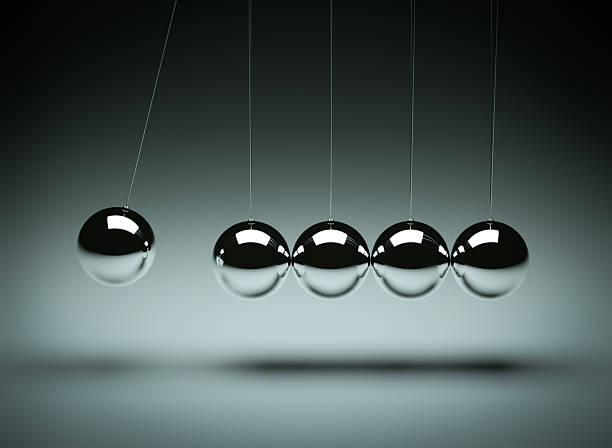
Refers to the physical motion or shifting of objects or bodies, such as the movement of people, animals, or natural forces.
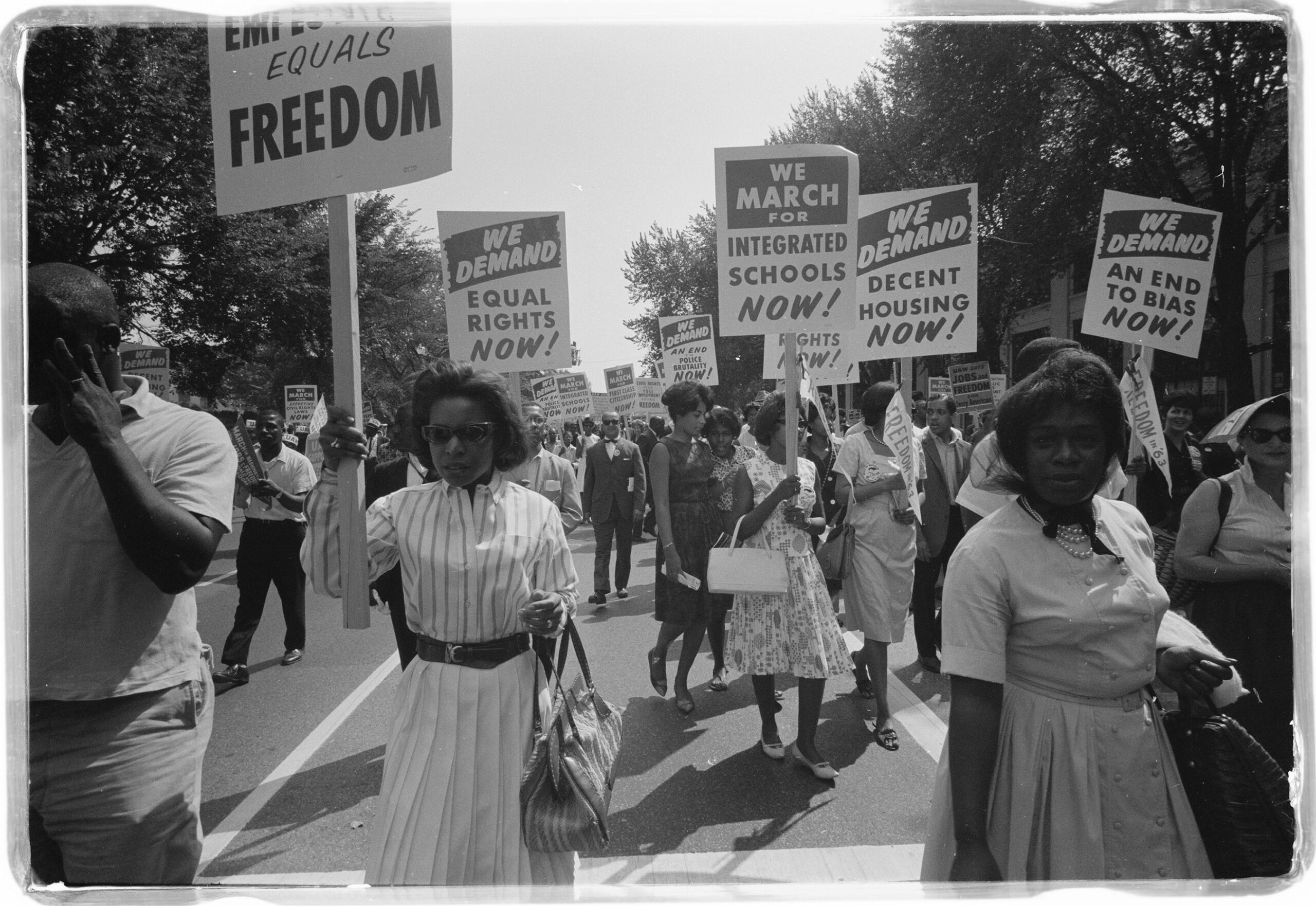
Refers to a collective effort by a group of people to bring about social or political change, often related to rights, equality, or justice.
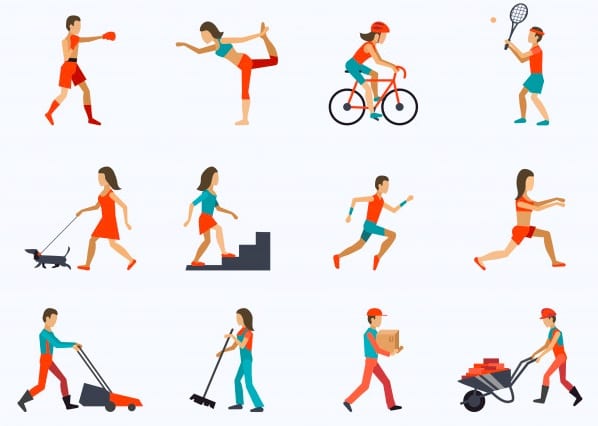
Refers to the action or function of moving parts of the body, often in a coordinated or purposeful manner.
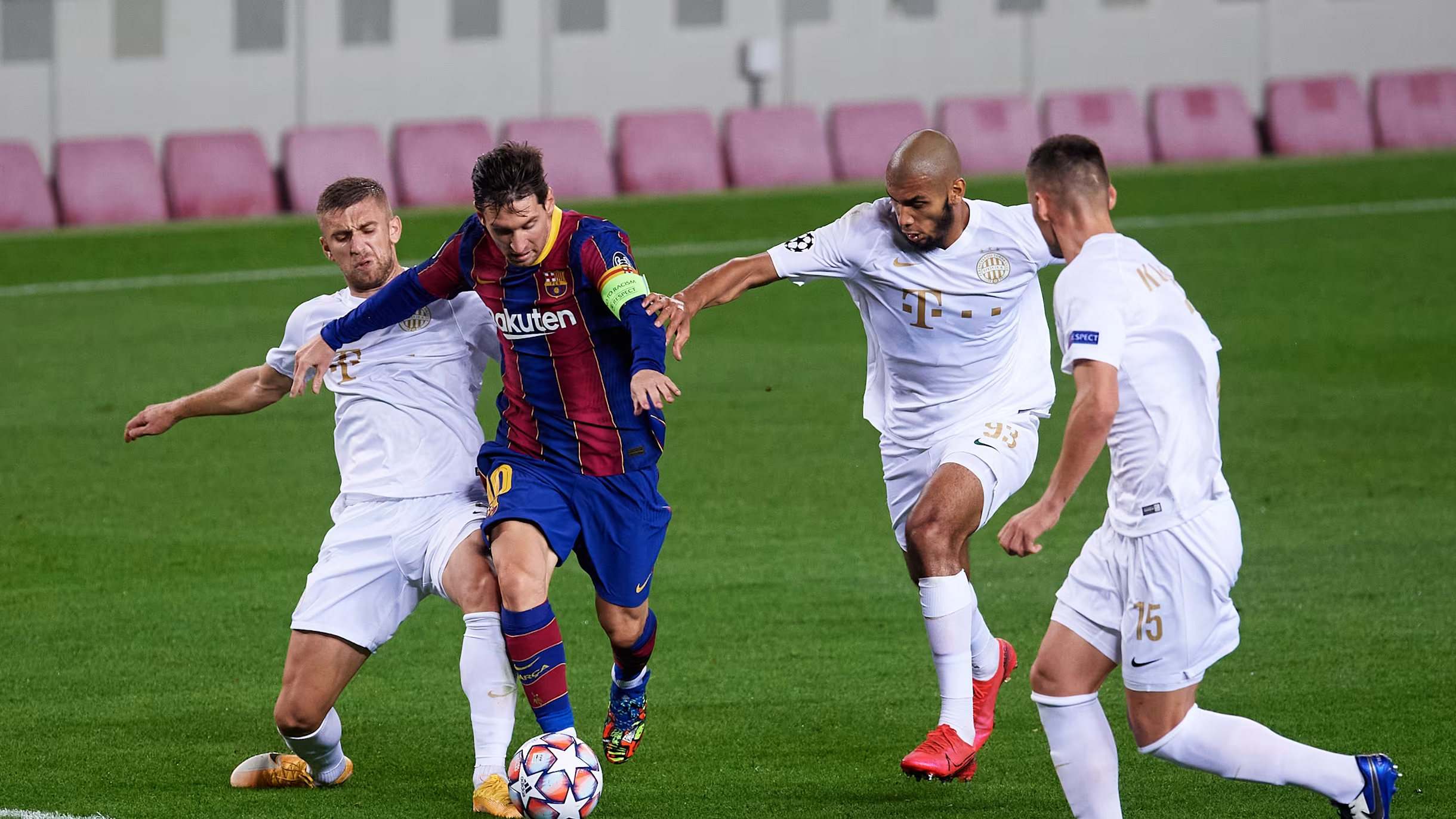
Refers to the specific actions and strategies a player employs in a sport, such as running, positioning, or tactical shifts.
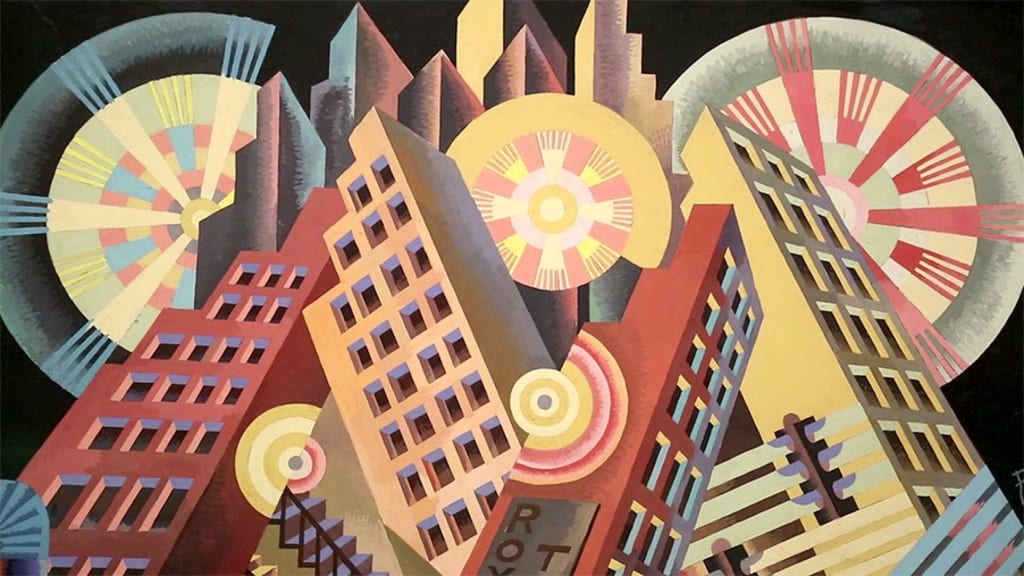
Refers to a style or trend in the arts (such as painting, music, literature) that reflects a particular philosophy, vision, or technique.
Refers to the flow or dynamics of substances in natural or experimental settings, such as fluids, gases, or particles.
Move The base form from which "movement" originates.
Mover A person or thing that moves.
Moving In motion; causing strong emotion.
Movable Capable of being moved.
Immovable Unable to be moved.
Movemental Relating to movement